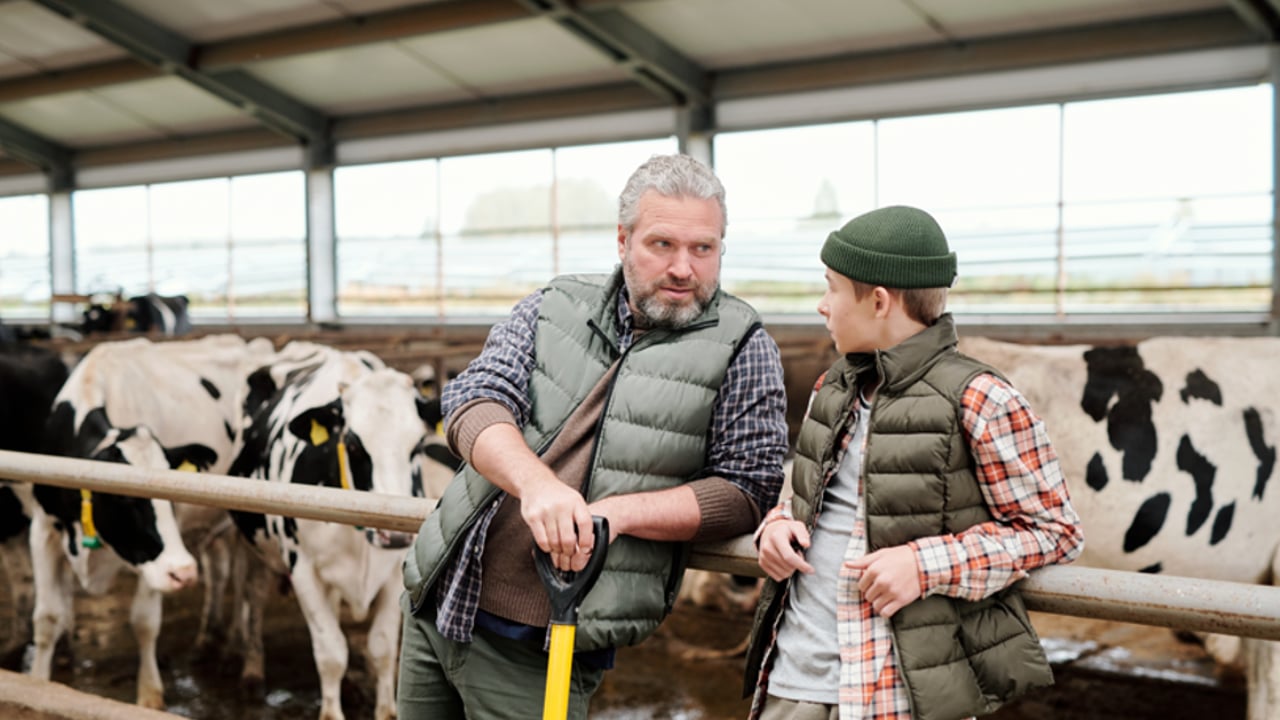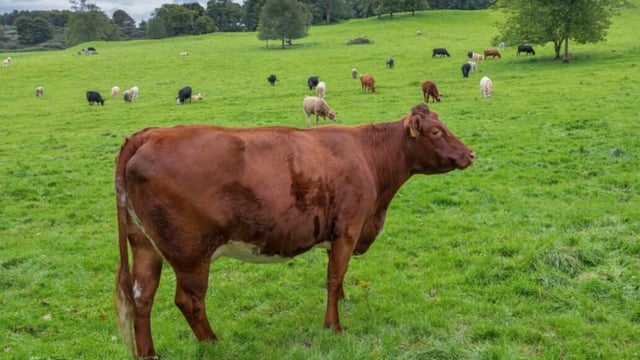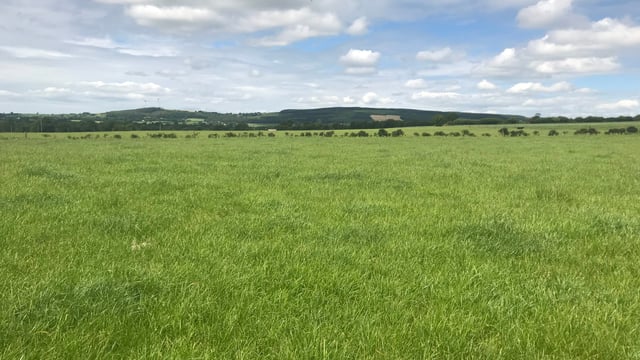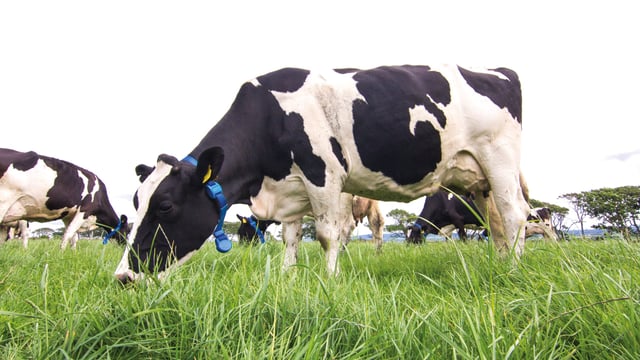How to make dairying an attractive career for the next generation?
The topic of generational renewal and ensuring that we provide an attractive career for young people was a huge topic of discussion at Moorepark'25 open day.
It was highlighted that less than 5% of farmers in the country are under the age of 35, indicating a desperate need to make the industry attractive and viable with clear pathways into it.
The social sustainability - such as work/life balance and quality of life element of farming - is currently underdeveloped. In addition, dairy is often seen as a physically intensive job with long working hours.
These issues have been escalated with herd expansion, labour availability, and the seasonality of of workload within Irish dairy industry.
Societal shifts such as more access to higher education, alternative career opportunities and evolving working hours expectations have further complicated young people's urge to become successors or to get into dairy farming.
The accumulation of these challenges highlights the need to enhance workplace attractiveness and contribute to generational renewal, which is a key structural challenge facing the industry.
If these issues are not addressed now, who is going to become the successors of today's dairy farmers and how will the next generation ever see the industry as a viable and economically supportive?
Teagasc in collaboration with dairy industry stakeholders developed the People in Dairy Action Plan, with the aim of addressing these challenges.
The programme aims to: "Develop labour efficient, safe, profitable and sustainable farm businesses that offer high standards of operator quality of life for current and future generations".
The seven key action areas were outlined as follows:
- Ensure adequate availability of skilled people to meet seasonal and year-round demand;
- Improve labour efficiency on dairy farms – creating desirable farm workplaces with a
good work/life balance; - Enhance farmers reputation as employers to support the attraction and retention of
people; - Develop and deliver excellent formal and informal training;
- Highlight multiple different progression pathways to becoming a dairy farmer;
- Promote dairy farming as an attractive career;
- Effectively implement the action plan.
The three priority areas for Teagasc - and in which numerous research studies are being conducted on - are labour efficiency and people management; workplace attractiveness; and generational renewal and career progression.
It is crucial to provide pathways to enhance work/life balance on farms, and to develop farmers' skills to attract, develop and retain skilled workers.
Through good infrastructure, good work environment, and standard operating procedures, farmers must develop a desirable and attractive workplace for current and prospective farmers.
In terms of generational renewal, there needs to be a clear pathway for farmers to step back and for young farmers to enter and progress in the sector.
Developing this type of environment is critical for all stakeholders on the farm to reduce stress and improve the quality of life for farmers.
Simple strategies like having a healthy start and finish time to each day, with structured time-off, plans made for holidays, and implementing the 16:8 milking interval to finish each day earlier without impacting on production.
Developing farm roadways, and improving infrastructure and grazing layout, while having comfortable handling facilities and easily operated milking parlour makes the farm a much sounder place to work while enhancing performance through effective grass utilisation.
Time-saving technologies such as heat detection devices and health monitoring like collar or boluses can reduce the working hours/cow /year substantially, as problems are detected early and heats detected - which is also a huge costsaver.
Other technologies such as automatic calf feeders reduce the reliance on extra labour during the busy calving season and streamlines efficiency.
The point is, on every farm, in every situation, there are new technologies to embrace and new methods to implement, which are often just seen as profitable or costsaving measures but should also be seen as social and work/life balance improvers.
If we want the next generation to embrace farming and see a clear pathway into an industry that is worthwhile, while investment is not the only driver, new methods and structured and well-planned working days and time off are crucial.





